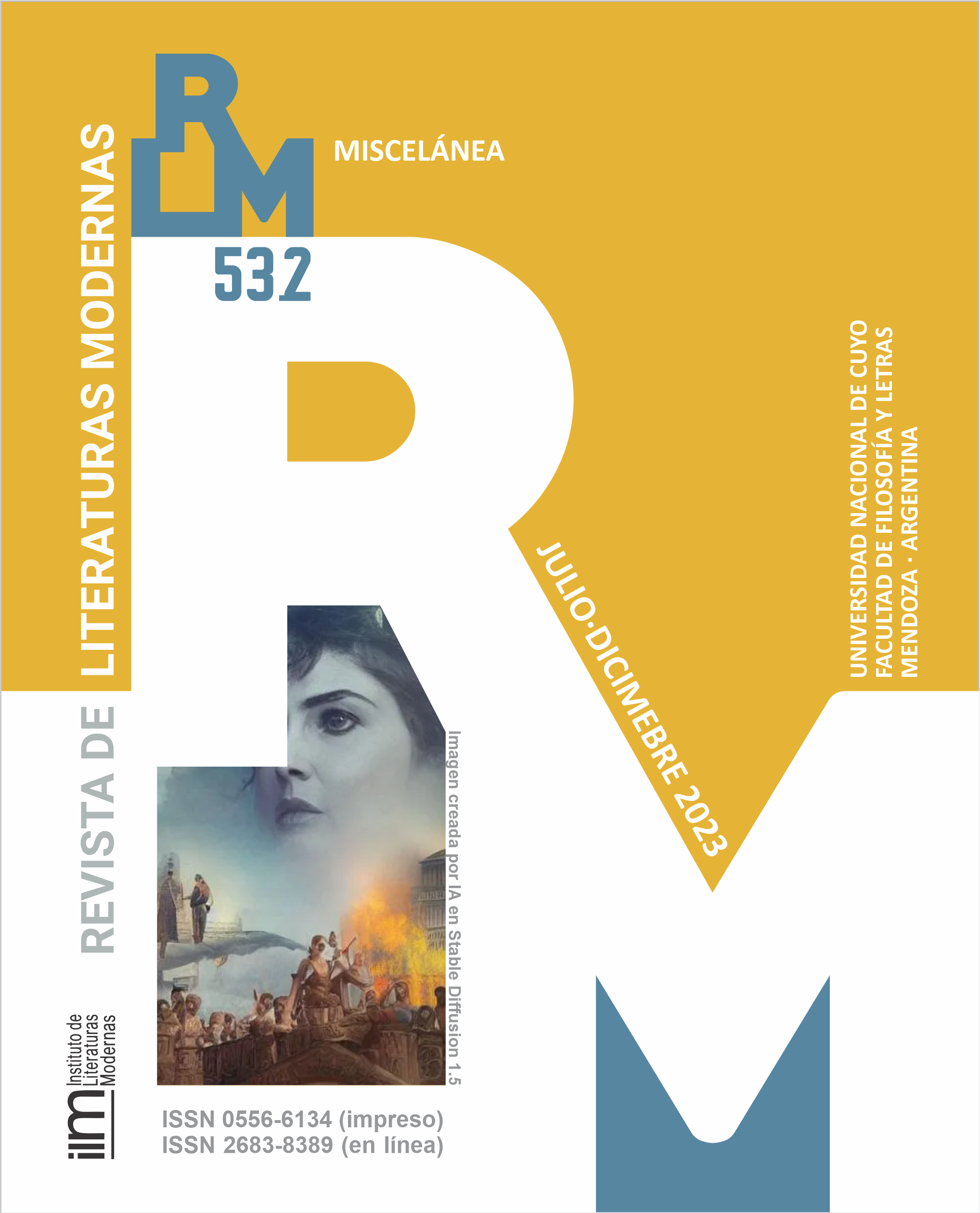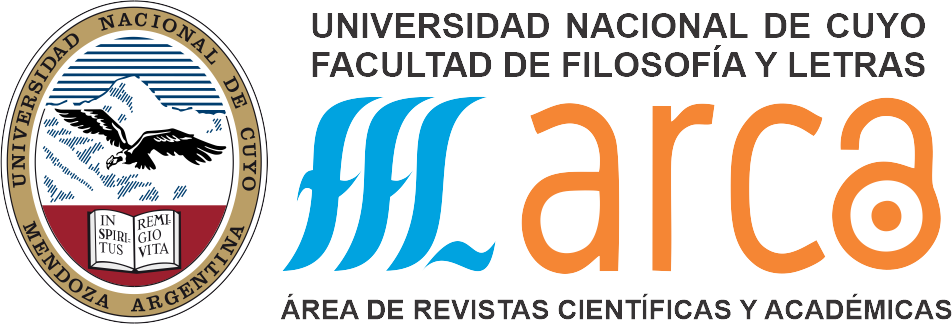Literary Genre and Feminist Writing. The avant-garde marks of Fina Warschaver
Keywords:
Avant-garde, Feminist novel, Repression, Censorship, IdentityAbstract
The avant-garde project put into practice some questions related to the link between art and society, the role of artist and the origin and form of the work of art itself. All these elements are revisited by the new feminist literary approach. This essay examines the work of Fina Warschaver (1910-1989) who combines formal innovation and feminist claims into her writings during the 50’s. From the readings of Virginia Woolf and Simone de Beauvoir, authors that set a statement for the future feminist movements, I study how her stories discover new ways of writing gender and genre; on the one hand, I analyze how she incorporates question regarding women oppression into realist political novels and, on the other hand, I investigate how she modifies the rules of minor literary genres such as science fiction to propose a new feminist identity.
Downloads
References
Bioy Casares, A. (1997). La invención de Morel. Alfaguara.
Bourdieu, P. (2021). Las reglas del arte. Anagrama.
Bourriaud, N. (2015). La exforma. Adriana Hidalgo.
Bürger, P. (2009). Teoría de la vanguardia. Las cuarenta.
Butler, J. (2018). El género en disputa. Paidós.
Campra, R. (2001). Lo fantástico: una isotopía de la transgresión en David Roa (ed.) Teorías de lo fantástico (pp.153-193). Arco.
Capanna, P. (1994). La ciencia ficción criolla en Daniel Link (ed.), Escalera al cielo. La marca.
de Beauvoir, S. (2020). El segundo sexo. Siglo Veinte.
Foster, H. (2008). Belleza compulsiva. Adriana Hidalgo.
Giunta, A. (2020). Contra el canon. Siglo XXI.
Larraquy, M. (2017). Argentina un siglo de violencia política. Sudamericana.
Masiello, F. (1985). Texto, ley y transgresión: especulación sobre la novela (feminista) de vanguardia. Revista Iberoamericana, LI, (132-133), 807-822. DOI: https://doi.org/10.5195/reviberoamer.1985.4114
Ocampo, V. (2022). La viajera y su sombra. Tierra Firme.
Sarlo, B. (1997). Vanguardia y criollismo: la aventura de Martín Fierro en C. Altamirano y B. Sarlo (eds.), Ensayos argentinos. De Sarmiento a la vanguardia (pp. 211-261). Ariel.
Yudice, G. (1992). La vanguardia a partir de sus exclusiones en P. Bacarisse. (ed.) Carnal Knowledge. Ediciones Tres ríos.
Warschaver, F. (1973). Hombre tiempo. Ediciones el botero.
Warschaver, F. (2014). El hilo grabado. Eduvim.
Warschaver, F. (2019). La casa Modesa. Final Abierto.
Woolf, V. (1921). “La narrativa moderna”. El lector común. Turolero, ePub.
Woolf, V. (2021). Un cuarto propio. Lumen.
Downloads
Published
How to Cite
Issue
Section
License
Copyright (c) 2023 Carina González

This work is licensed under a Creative Commons Attribution-NonCommercial-ShareAlike 4.0 International License.








